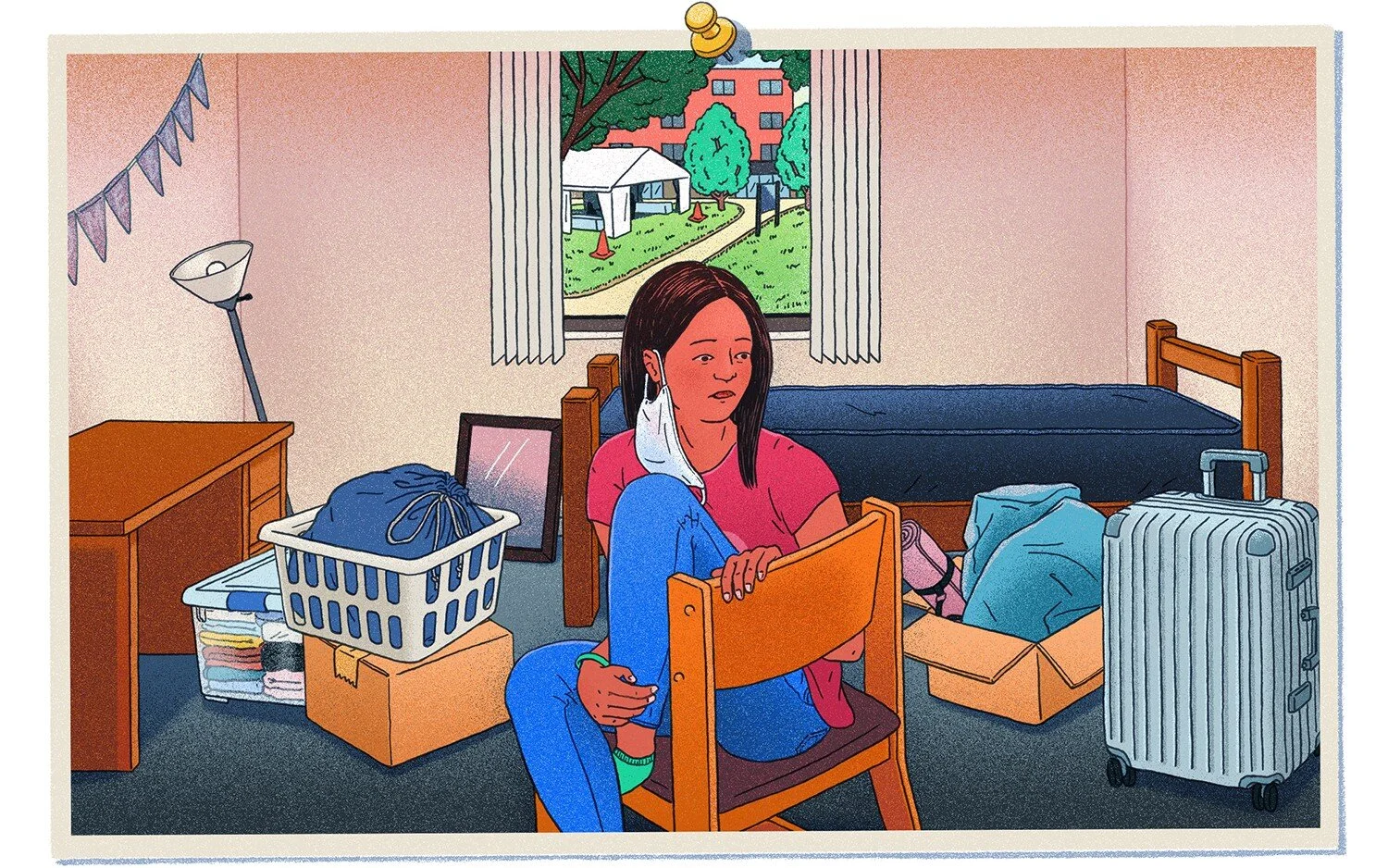Clark U’s Black Student Union Shows Needed Change to Rewrite Institutional Anti-Blackness
For over half a century Clark University’s Black Student Union has been demanding equity and equality on its campus. Clark University is a liberal art institution with less than six thousand students in the multicultural community of Worcester, M.A. In the 1960s Clark’s BSU presented a list of demands to the administration urging for the admission of more Black students. In 2016, Black athletes and allies presented demands to the administration that bore a striking resemblance to the 1960s demands. These two instances of protest were ignored by the institution under various administrations with no changes being made. Now in 2020, amid a global pandemic, the BSU is being met with resistance again.
On June 4th, the BSU presented Clark University with a statement calling for structural changes. These demands included cutting all ties with the local Worcester Police Department and reallocating the funds gained from this action to support the Black student body. A petition, urging the administration to meet the demands of BSU accumulated more than eight thousand signatures. When these original demands were not met with transparency and direct action, the BSU took to social media to show the administration that resistance will not be tolerated. The #notyourtoken movement consists of students revoking their consent to be used for marketing purposes, spread amongst the Clark student body. This protest attacks racism and colorism, by highlighting Black, Indigenous, People of Color (BIPOC) to claim diversity and inclusion on the campus, ultimately tokenizing them for profit. The BSU released a second statement expanding upon their original demands on June 25th, demanding that if the University refused to emplace the initiatives and demands with tangible scheduled dates, then the University must issue a public statement explaining why. The Clark University BSU worked in tandem with the Student Council Legacy Administration to put forth these efforts.
An Instagram under the handle @blackatclarku has begun publishing personal testimonies of Black students at Clark and the instances of racism and anti-Blackness they have experienced. Students submitted their testimonies to this page with written consent. If you would like to read their stories, please visit @blackatclarku on Instagram.
The structural changes Clark University’s Black Student Union is stimulating shows the possibility of changing the institutional structure that maintains the oppression of Black people and Black voices. A change in the structure of higher learning institutions is the beta test to displaying the change possible and needed in other structural and systemic areas in the United States to liberate Black folx.
To learn more about the Clark University BSU, please visit this website: https://www.clarkbsu.org/











